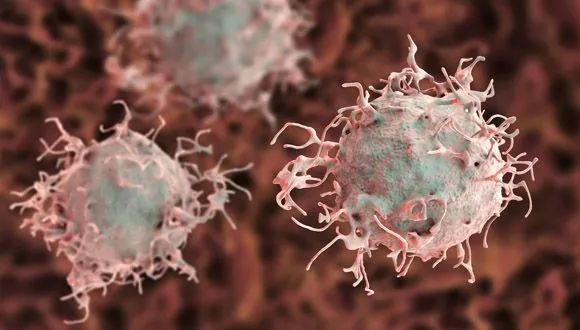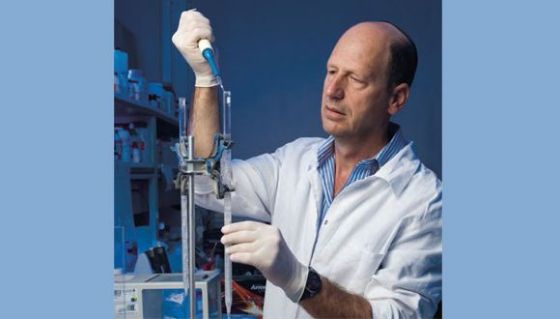
TAU to partner with InnoCan Pharma on revolutionary COVID-19 treatment
Written on | Medicine
The technology, which is expected to be administered by inhalation, will be tested on several lung infections
InnoCan Pharma Corporation announced that its wholly-owned subsidiary, InnoCan Pharma Ltd. of Herzliya Israel, has entered into a sponsored research agreement with Ramot at Tel Aviv University to jointly develop a novel, revolutionary approach to treat COVID-19 by using cannabidiol (CBD) loaded exosomes (“CLX”). Under the terms of the Research Agreement, InnoCan and a team led by Prof. Daniel Offen, a leading researcher specializing in Neuroscience and Exosome technology at Tel Aviv University, will collaborate to develop the cell therapy based product on Prof. Offen’s work in the field. InnoCan and Ramot are collaborating on a new, revolutionary exosome-based technology that targets both central nervous system (CNS) indications and the Covid-19 Corona Virus. CBD-Loaded exosomes hold the potential to provide a highly synergistic effect of anti-inflammatory properties and help in the recovery of infected lung cells. The techology, which is expected to be administered by inhalation, will be tested on a variety of lung infections. Exosomes are small particles created when stem cells are multiplied. Exosomes can act as “homing missiles” when the cell healing properties of the exosomes are combined with the anti-inflammatory properties of CBD. Exosomes also have an important role in cell-to-cell communication, which can be beneficial to additional treatments for CNS indications such as epilepsy and Alzheimer’s Disease.Background
The world is suffering from a rapid rise in illness due to the fast growing spread of the COVID-19 pandemic. The lungs are the organ most affected by COVID-19, causing pneumonia that rapidly progresses to acute respiratory distress syndrome and can further result in respiratory failure, septic shock, multi-organ failure, and in the most severe cases death. Recent in-vivo and in-vitro studies have demonstrated that exosomes derived from mesenchymal stem cells (MSC) can promote regeneration and improve immune reaction processes in damaged tissues. Exosomes contain anti-inflammatory agents that can target inflamed organs. Prof. Offen and his team have already successfully loaded exosomes with various molecules. They have also succeeded in treating different tissue injuries in animal models, while significantly reducing inflammation and pathological impairment. To date, there have been hundreds of clinical studies using exosomes globally, demonstrating their therapeutic potential at different applications. Animal studies have also demonstrated CBD as effective in reducing lung inflammation. Based on these findings, InnoCan believes that its CLX therapy has the potential to treat the COVID-19 virus by combining CBD with exosomes, thereby creating therapeutic synergies. The suggested combination may have strong synergetic effects, thereby increasing the potential efficacy of planned treatments. Prof. Dani Offen, of the Sackler School of Medicine and Sagol School of Neuroscience said, “I am pleased to work with the InnoCan team on this exciting CLX development project. We are facing a challenging time, and I believe our unique approach holds a promise to offer a treatment for COVID-19, pneumonia and perhaps for other lung inflammations as well.” Iris Bincovich, CEO of InnoCan’s CEO, also commented, “COVID-19 has quickly become one of the largest challenges in healthcare today. With the development of CLX, we are creating a new treatment, to join the global mission to combat the effects of COVID-19. We are determined to make a difference as quickly as possible to assist patients worldwide.” Keren Primor Cohen, CEO of Ramot at Tel Aviv University, summarized, “We hope that this collaboration with Innocan will assist in transforming Prof. Offen’s promising technology into a real treatment for the global threat of COVID-19”. Featured image: Prof. Daniel Offen (photo: Jonathan Blum)Related posts





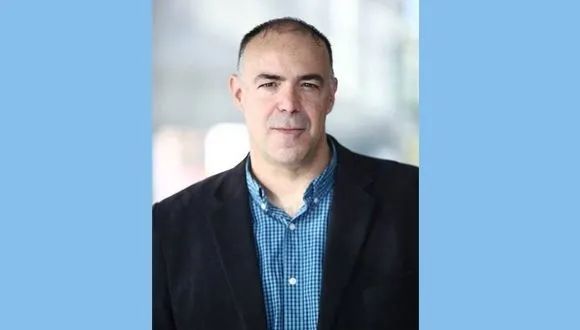
Destroying Cancer: new drug delivery system containing RNA therapy can target cancer cells in bone marrow
31 July 2023

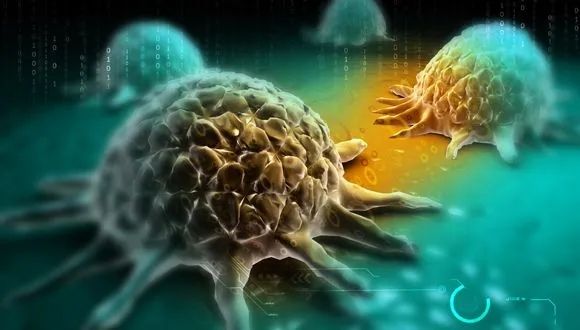



Operation Guardian of the Walls: Women, Young People and Residents of the South Paid the Heaviest Price
12 July 2023
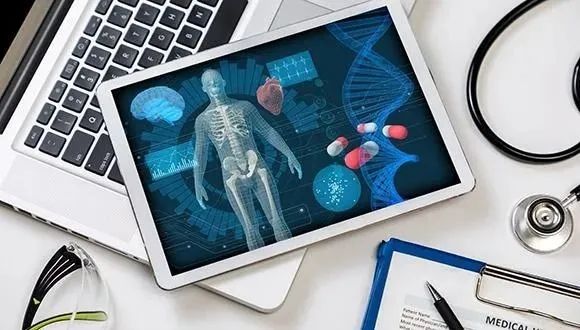


Breakthrough Gene Therapy Offers Hope for Severe Developmental Epilepsy in Children
27 June 2023
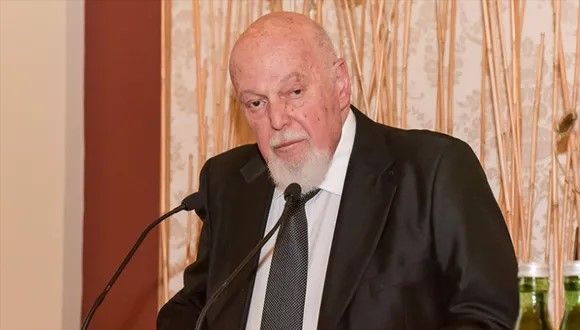
Prof. Isaac P. Witz Honored with 2023 Szent-Györgyi Prize for Progress in Cancer Research
26 June 2023
